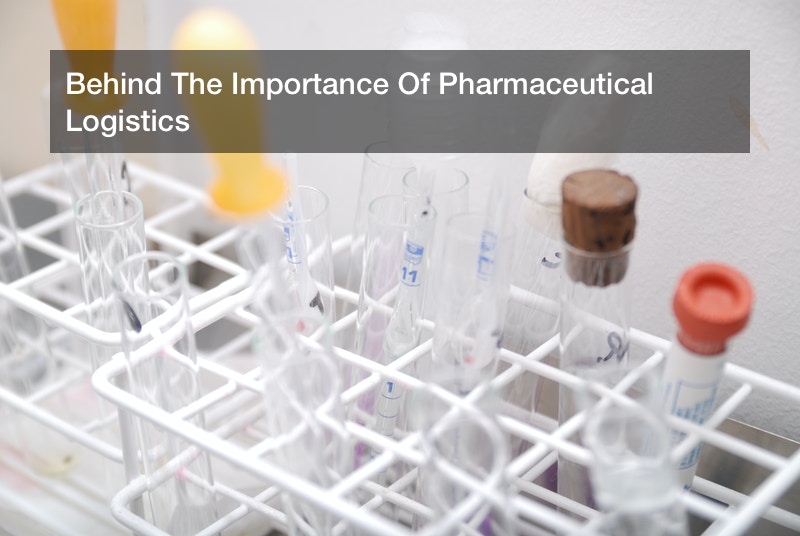
The market for pharmaceuticals, both on a global scale as well as just here in the United States, is quite the high one indeed. As a matter of fact, the data that has been gathered on the subject is more than in support of this claim, showing that as much as $1.12 trillion will be spent on pharmaceuticals (on a global scale) by the time that we reach the year of 2022, which is now just a scant two years ahead of us. And though this industry is most certainly an important one all throughout the world as an entirety, it is particularly prominent within the United States. Once again, the data is more than in support of this claim, showing that this single one country actually holds as much as a full 45% of the entire pharmaceutical market, even globally.
Of course, there is no denying why this market, why this industry, is so critical in the first place. Pharmaceutical products of all kinds are hugely crucial in the lives of many people – they can even often be life saving. For instance, pharmaceutical products like antibiotics can be used to treat all kinds of infections. Before antibiotics, it was all too easy – and all too common – for a relatively minor injury to develop an infection in the healing process. And when this infection was developed, it was all too simple of a thing for it to spiral out of control and take the life of the person suffering from it. In some cases, infection would even lead to the need for limb amputation.
And pharmaceuticals are also utilized to treat long term conditions, ranging from the physical to the mental. Medicines for blood pressure, for blood thinning, and for high cholesterol are utilized by many a person here in the United States (and certainly in many of other places all throughout the world, for that matter). And these medicines are just a few out of many when it comes to lifesaving pharmaceutical treatments. Medications to treat various mental illnesses are hugely important and powerful as well – and certainly cannot be underestimated in their role to allow people to lead normal lives.
Therefore, it is clear to see that pharmaceuticals are more necessary than ever before here in the United States. This makes their transportation – and the pharmaceutical storage conditions that are utilized around the country – more important than ever before as well. After all, pharmaceuticals must be both transported and stored in a precise way. Poor pharmaceutical transportation and poor pharmaceutical storage conditions that do not meet pharmaceutical storage requirements can unfortunately lead to a large number of totally ruined pharmaceuticals – something that will cost an incredibly large sum of money at the end of the day. Therefore, creating the ideal pharmaceutical storage conditions and firm rules for shipping pharmaceuticals is very essential indeed, of this there is no doubt.
But what, exactly, are these shipping and storage conditions for pharmaceuticals? Primarily, precision in the temperature of a space in which pharmaceuticals are stored or shipped is key. Temperature is one of the most important pharmaceutical storage conditions, one might even say, as even a variation of a mere 2 degrees Celsius could ruin the pharmaceutical product in question. Aside from pharmaceutical storage conditions, the same can be said for pharmaceutical shipping conditions as well. Without paying close attention to these pharmaceutical shipping and pharmaceutical storage conditions, it is likely that a company could lose as much as $150,000 for even just a small package. And as up to 70% of all currently produced pharmaceutical products require this precision for pharmaceutical storage conditions and the like, it is clear to see how universal such standards must be.
At the end of the day, pharmaceutical products are very important indeed, improving and even saving lives all throughout the United States and even in the world as a whole. This means that we must implement the right pharmaceutical storage conditions as well as the right pharmaceutical shipping conditions at all times. Doing this will pay off immensely in the future.
